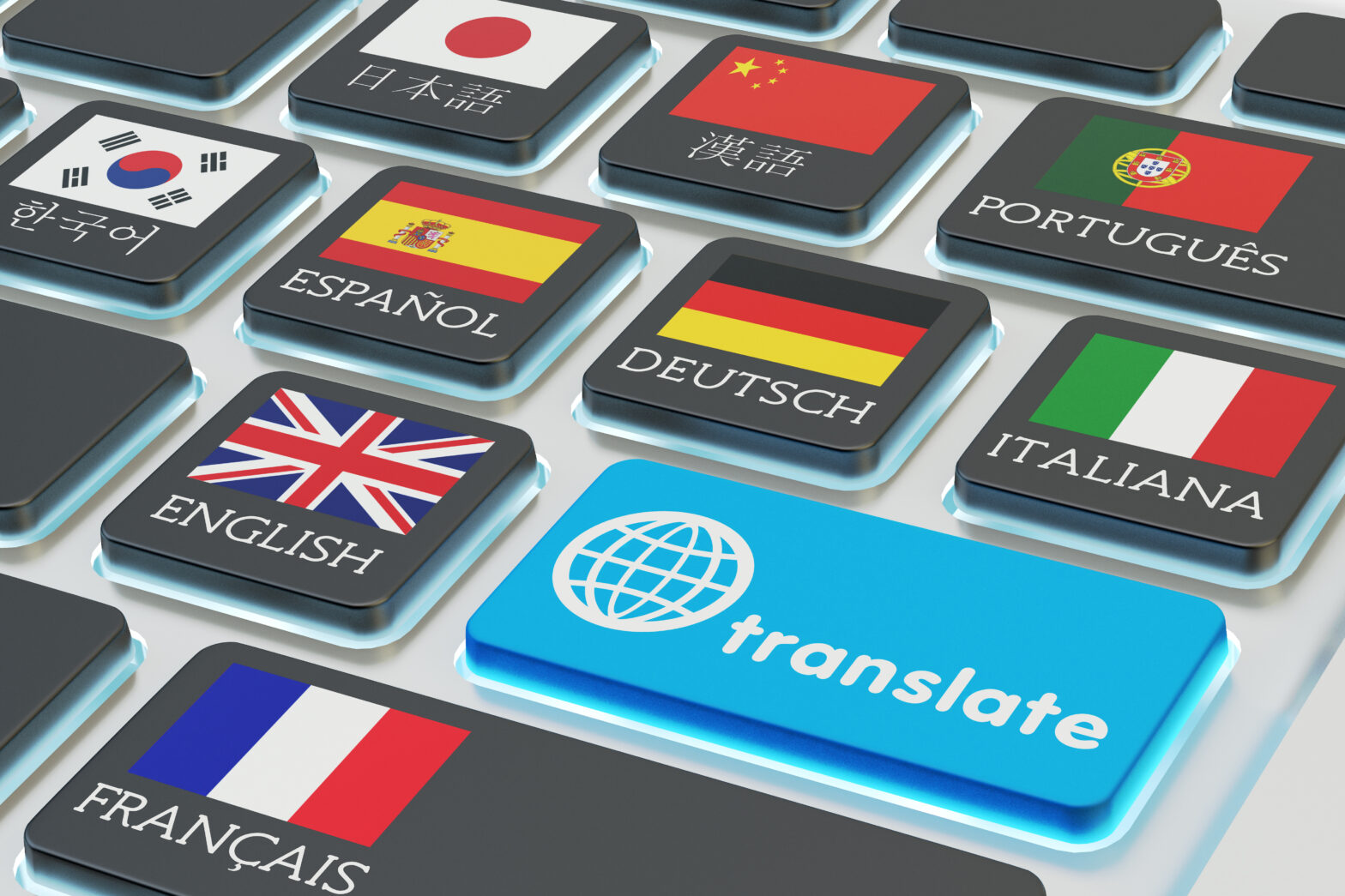Ask any owner of a small or medium-sized business (SME) what they consider to be the biggest barrier to communicating internationally by email and they’d probably say language.
That makes sense as there are 200 languages with 3 million or more speakers, and at least another 1000 languages spoken by more than 100,000 people. It’s impossible for an SME to have a workforce fluent in all of them, and many would not be able to cover the expense of using a translation company.
While it’s commendable to learn the language of the customer, and would certainly go a long way to helping a business make sales and build long term relationships, it goes much deeper than just knowing the lingo.
Many countries have more than one native language. In China, for example, there are seven official languages and 59 other recognised languages spoken across the 34 provinces, municipalities, autonomous regions and special administrative regions.
In Russia, there are there are 27 languages that are co-official with Russian and at least another 75 minority languages. In these types of countries, the language used may change to suit the audience, or the culture.
Chinese, for example, can be written in two character sets, traditional and simplified. Which one to use varies in part with the target audience’s location and age: simplified for younger people and Mainland China or Singapore, traditional for older people and Hong Kong, Macao or Taiwan.
A message for different markets
So, if a business is looking to export to a country with many different languages, they will have to translate their message into all of them. Alternatively, they could just focus on one audience, or one region, but they would need to make sure they are using the right one.
Then, there is the issue of translation. Ensuring the audience can read the message is just the beginning; they need to be able to understand the message too. This is particularly relevant to any sector or industry where products and processes can be difficult to explain. If they are hard to explain in their own language, imagine how difficult it would be to properly translate into 20 or 25 languages!
Many exporters also fall into the trap of using well-known phrases in their email communications. While an English-speaking audience would understand them, they could mean nothing, or something very different – or even inappropriate – in an overseas market.
Proverbs, song lyrics and film titles can all pose problems. Take “Jack of all trades”, for example. In English it’s perceived negatively, whereas there are several Russian equivalents ranging from the positive to the extremely ironic. Look at one of the Lithuanian translations of “Jack of all trades” on Wikipedia and you’ll see what we mean about harmless phrases in English being inappropriate in other languages.
Brand connotations
The same applies to brand names. We have all seen examples of brand names which have very different connotations in another country. They can be humorous, and often confusing. There are countless examples of brand names being changed for an international audience, to help co-ordinate global market activities and reduce confusion.
Any UK SME which is considering exporting needs to ensure their brand and message will not cause problems in another country. Failure to do so could have dire consequences – one email campaign might simultaneously break the law in a number of countries, leading to a series of court cases and massive legal costs.
There are major benefits for any UK SME which sells their products around the world. Exporting can secure the future of a company, or enable them to grow substantially. But they must proceed with caution to avoid causing bigger problems further down the line.





